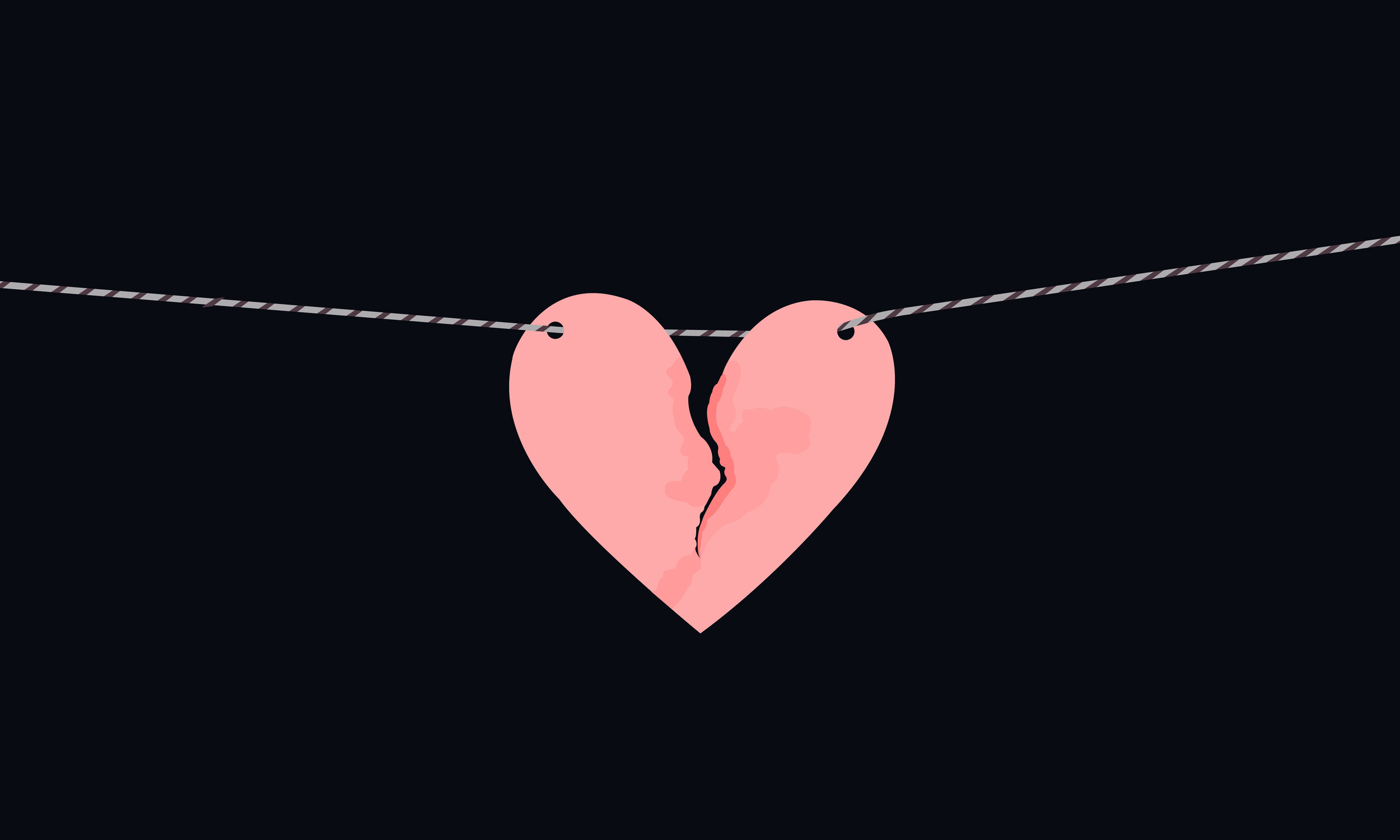How To Let Someone Go – 3 Most Important THINGS You MUST DO by Polly Young-Eisendrath, Ph.D.
Recognize the nature of grief and embrace it. Grief is part of our human design. It’s the experience we all have when we lose someone with whom we have been pair-bonded, and it stems from our earliest bond with our mother. If we lose our primary caregiver before about the age of five (and she is not replaced), we die. And so, our entire emotional system is designed to go on High Alert when a bonded person separates from us, even if it’s our own choice. Grief over a lost attachment bond feels like the pain of surgery or the death of a loved one: it hurts, you feel afraid and confused, and you keep wondering if you can really live without the person. That state can last as long as a year. Don’t let these feelings and anxieties undermine your decision if you have made it thoughtfully and carefully.
Take care of yourself as though you have had surgery or a car accident. Get plenty of sleep, eat well (you may have to force yourself, but remember, you need the nutrition to heal), and exercise gently. Treat yourself as you would treat your pet when it’s wounded. Be kind. Don’t push and pull on yourself or your experience. Increase self-care and meditation (if you do it). Keep track of your night dreams; they will help you get through the grief and remember what was good about the relationship.
Keep up your self-confidence. If the breakup was initiated by your partner, you are likely to feel humiliated and ashamed. You may want to hide or lie or cover up. Instead, begin to look around at other possibilities. What’s out there in terms of websites or friends or former lovers to comfort you? If you initiated the break-up, you might feel extra energy and a boost of “let’s live again!” (right alongside the grief; remember the grief is part of your biology and is not personal to the break-up). Engage in the impulse to live again, but don’t jump into a sexual relationship again until the grief is mostly resolved. Jumping into sex during grief is just bad emotional hygiene; however, increasing your self-confidence, even while grieving, is good emotional hygiene. And so, look around. Feel alive as much as you can, but be cautious about new bonds until the grief symptoms are mostly gone.
As human beings, we come into this world in a couple of relationships – infant and mother. Our emotional and relational template is dyadic. Once we feel identified with another person through a sexual pair bond, typically after three or four times of having sex in a personal way, then we are primed for feeling at home in that bond. When we lose the bond, even if we want to lose it, we feel the pain and pangs of grief because it feels like we have lost our home. When our primary bond is threatened, we experience separation anxiety (jealousy, searching behavior, and fear of loss) and when that bond is broken, we experience grief. For these reasons, we need to take seriously the making and breaking of our pair bonds.

